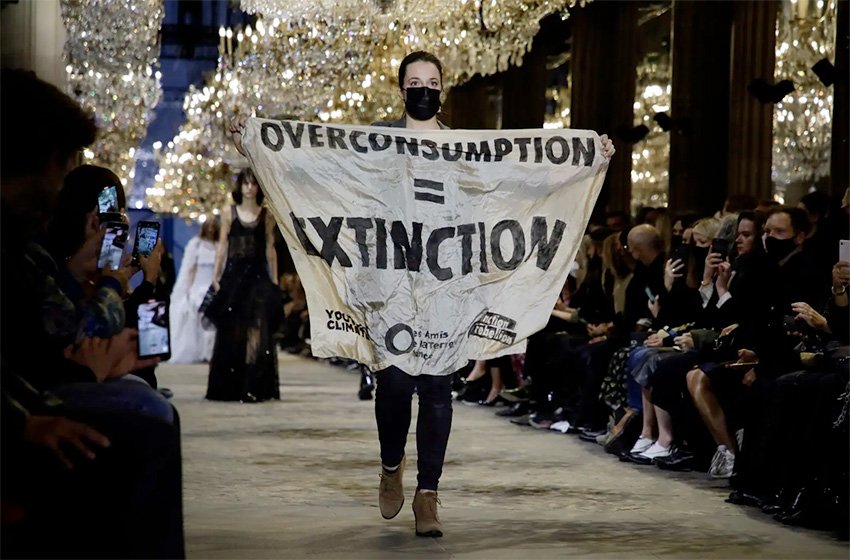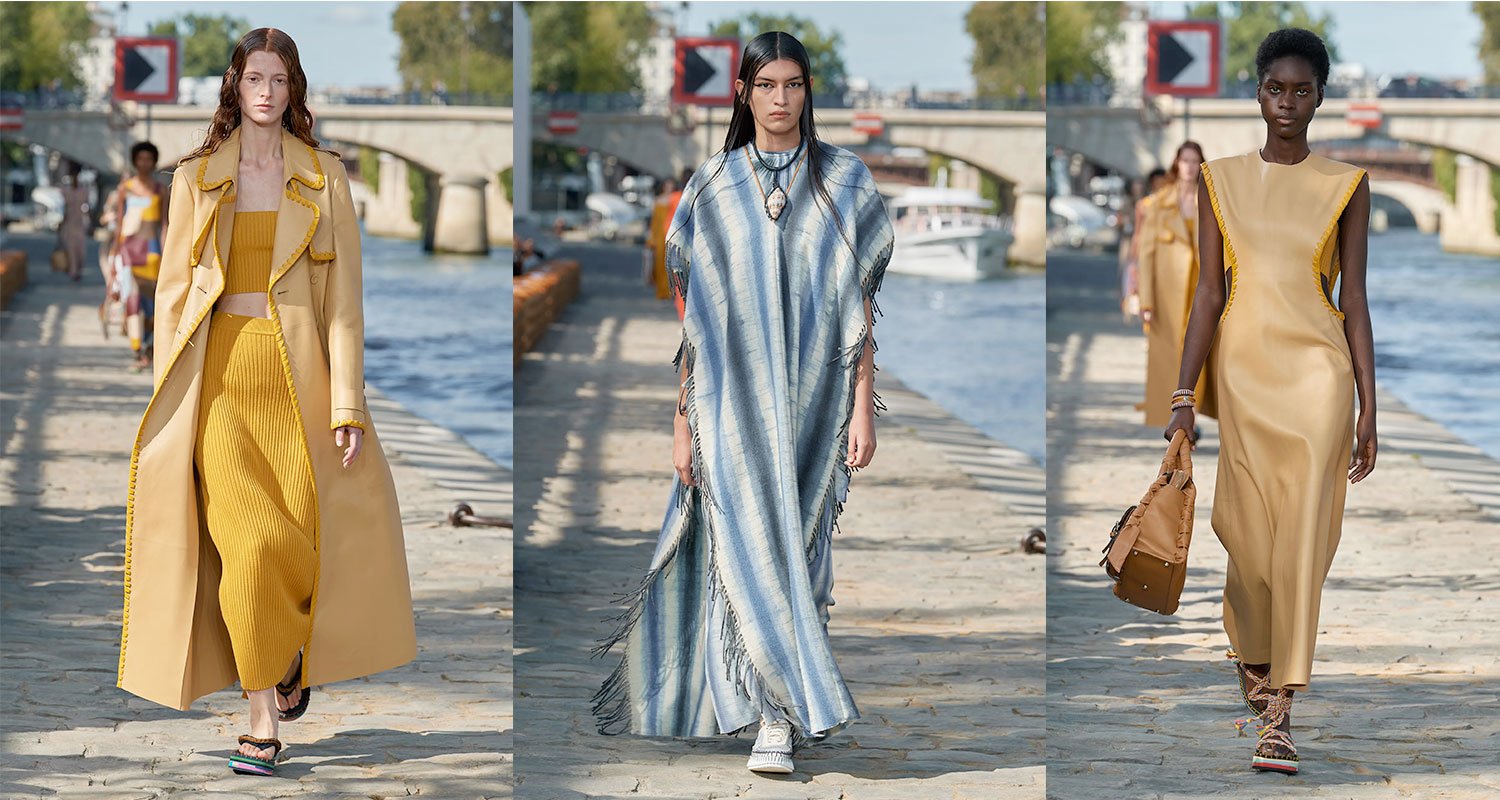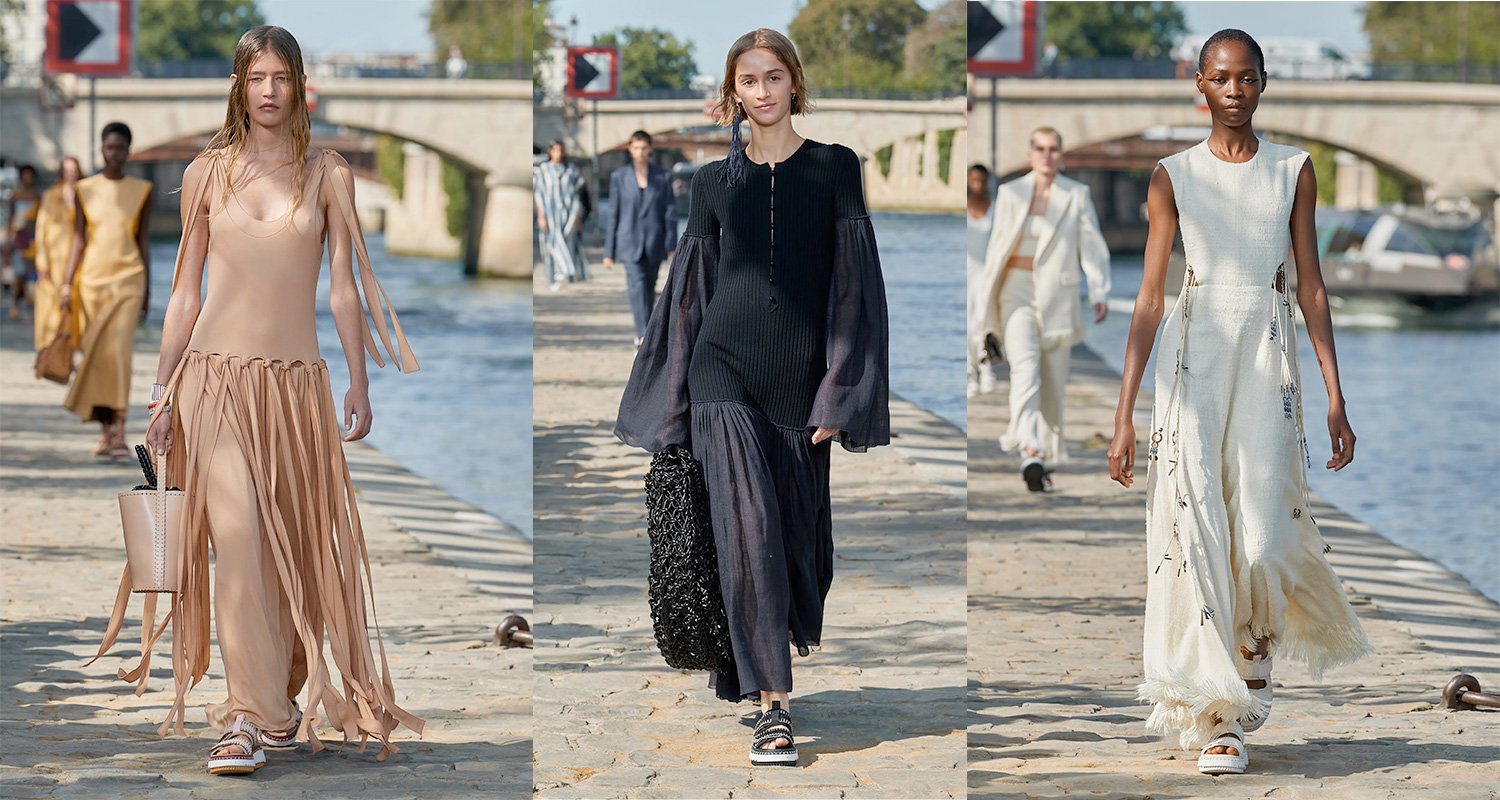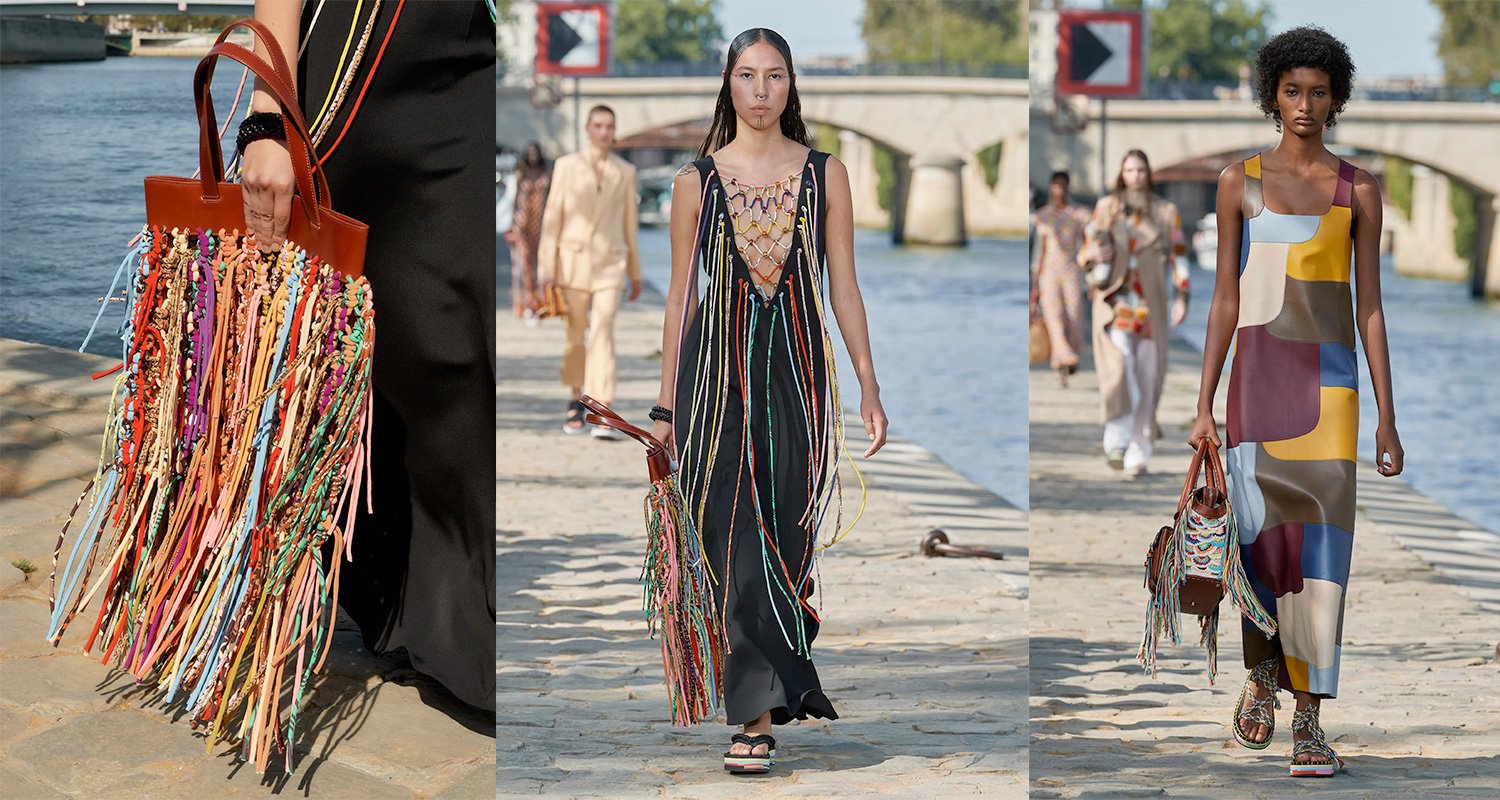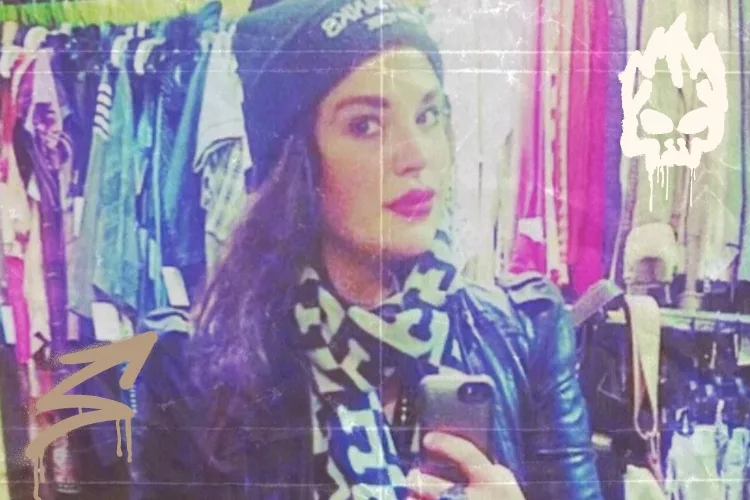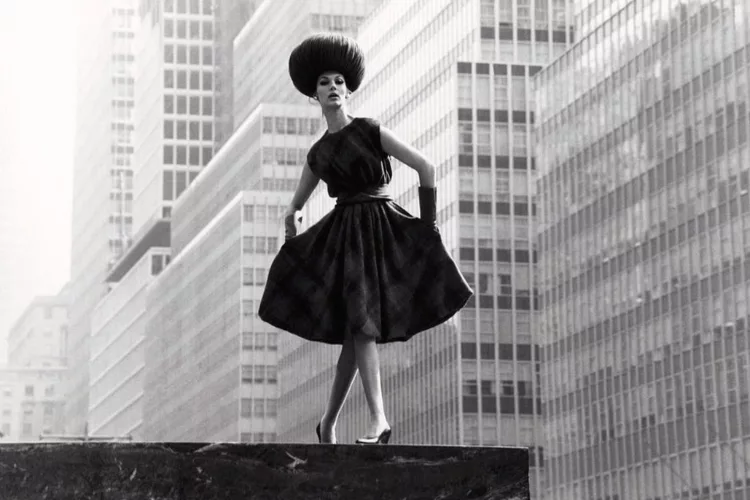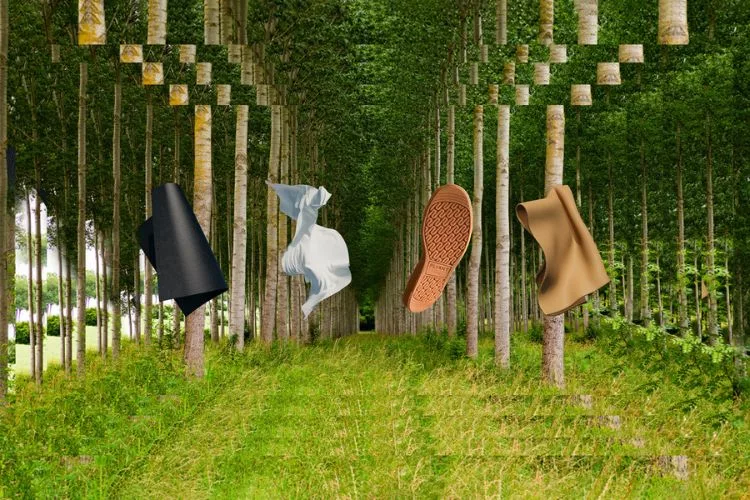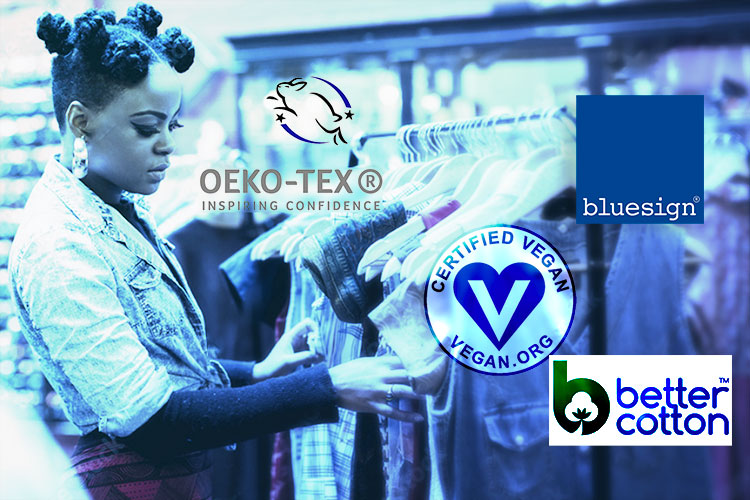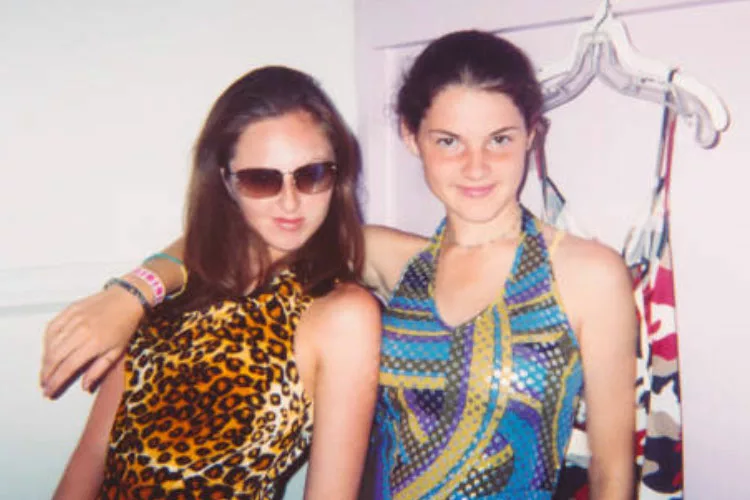2021 fashion weeks ended with the proverbial protest scene at Louis Vuitton. A member of Amis de la Terre France, Youth for Climate and Extinction Rebellion, marched down the catwalk with a big banner over her head: “Overconsumption = Extinction”, causing quite the stir. Though it is unknown how effective these protests have been on the fashion giants, it once again brings to the fore how designers’ post-pandemic shows disregard sustainability. This continued negligence means that the fashion industry will continue to ignore the systemic changes necessary for true sustainability. And, in many cases, it’s become just a marketing tactic that enjoyed its fleeting popularity during the pandemic. The Louis Vuitton moment led to further investigation around sustainability buzzwords. The staggering amount of greenwashing we are exposed to started to hit home. It turned out that the clothing made from “recycled plastic” that we thought are eco-friendly are not any better than the other products in the fashion market, which significantly shortens the list of good clothing companies to shop from. But is it impossible to shop for ethically made fashion?
The short answer and good news is no: Chloé has officially become the first luxury fashion house to receive the B Corp certification. “By becoming B Corp certified, we reinforce our ongoing commitment to taking accountability for our impact on people and the planet. Rather than a final goal, this certification marks a new stage in our transformation towards a purpose-driven model, reinventing how we do business.”, states Chloé upon accepting its certification on October 18th.
Chloe Spring 2022 Runway
The B Corp Certification is a third party certification powered by B Lab, a nonprofit whose mission lies in creating standards, policies, and tools to help businesss transform the global economy to benefit all people, communities, and the planet. Certified B Corporations are businesses that meet the highest standards of verified social and environmental performance, public transparency, and legal accountability to balance profit and purpose.
“In order to obtain the certification, a company must prove sustainable beyond its product level – a benchmark where most fashion companies’ eco manifesto stops and go on about how one tree is planted for each order. ”
B Lab employs a demanding assessment: brands are required to answer 300 questions about their social and environmental impacts. Their answers are scored on a points system, and brands must earn at least 80 out of 200 to be B Corp certified. To date, only 4,000 companies in the world are Certified B Corps, out of the 100,000 who got assessed. And a minuscule 17 fashion companies made the list: Patagonia leads the pack with 151.4 points, while Allbirds has 89.4 and Frank and Oak ranks at 81.7. And now Chloé has officially joined the list, extending it to 18.
The certification came less than a year after Gabriela Hearst was named creative director of the house in December 2020. Before succeeding Natacha-Ramsay Levi, Hearst already headed a 5 year-old eponymous label that is known for its sincere, forward-thinking approach to sustainability and slow-growth business ethos. She wasted no time in placing sustainability stage center.
Chloé’s 2021 Ready to wear collection combined organic materials with altruistic sustainability and philanthropic measures to offset fashion carbon footprint. The collection featured by-product shearling and eco-leather outerwear treated with non-chemical dyes, and marble prints using seaweed and eggs. On the use of the house’s archival butterfly motif, she deemed it as a nod “to our insect world,” noting her opposition to pesticides used in unsustainable fabrics. Hearst said that Chloé had already decreased this collection’s environmental footprint by 400% compared to last winter’s line. But the Uruguayan-born designer didn’t stop there, and designed her debut fashion show to be the industry’s first ever carbon-neutral runway show. A collaboration with Bureau Betak and EcoAct, the presentation was done with locally sourced models with no blow dryers, straighteners, or curling irons. On top of this was a carbon-offset fund for the energy-related production costs donated to the Hifadhi-Livelihoods Project in Kenya.
Chloe Spring 2022 Runway
Gabriella views all Chloé production through this wide sustainable lens. Deadstock is prioritized, and all of the brand’s packaging is now biodegradable and compostable. To drastically cut down on their carbon footprint, Chloé’s supply chain ships by boat instead of air freight. The root of sustainability, to Gabriella, is action(ability) – the responsibility to take realistic measures to lead change.
Chloé becoming a B Corp can be seen as a blueprint for a much needed reform and de-growth in the fashion industry. “We are proud to be the first luxury Maison to join this community of leaders, driving a global movement of people using business as a force for good. […] B Corp will help us frame our transformation, and we hope to inspire other organizations in our industry to join the movement.” shared Riccardo Bellini, Chloé’s CEO.
Chloe Spring 2022 Runway
–Jacqueline Pham

